Content Warning: Blood.
This is otherwise a spoiler-free review.
 Title: Pads for His Throne
Title: Pads for His Throne
Author: Olli Crusoe
Publisher: Self-Published
Publication Date: 2016
Genres: Science Fiction, Horror, Humour
Length: 33 pages
Source: I received a free copy from Ollie.
Rating: 5 stars
Blurb: A regular night at the office changes Louise’s life, when a running gag summons an ancient evil from a forgotten time. To be honest, it’s probably harder on the ancient evil, though. Not only the times have changed.
Demons come in all shapes and sizes.
Before I talk about demons, though, let’s talk about menstruation. This is a topic that I’ve seen mentioned in fewer books than I have fingers on my left hand, and I genuinely can’t remember the last time it happened in the science fiction genre. The fact that it was not only mentioned but played an important role in the plot early on was one of several reasons why I decide to review this story.
Once I met Terazael, the demon that Louise accidentally summoned, I knew this was something I had to recommend to my audience. Terazael had been around for eons, and his understanding of our world was rooted in the mind of a creature who has seen countless civilizations rise and fall. That is to say, he had no idea how modern life works, and his assumptions about what sort of person would summon him might not have been totally accurate.
The relationship between Louise and Terazael was deliciously odd. He expected her to worship him as the powerful, immortal being that he was. She expected him to be a figment of her imagination and was perplexed when that didn’t turn out to the be case. They had nothing at all in common at first glance, and yet I couldn’t imagine a funnier or more memorable duo. She was as snarky as he was enthusiastic.
There was only one thing I wavered on when writing this review, and that had to do with whether or not I should include a horror tag in it. Like demons everywhere, Terazael relished the thought of blood sacrifices – especially of the virgin variety – and talked about his desire for them them regularly and in great detail. While this wasn’t a gory story overall, it was something I thought I should mention for anyone who dislikes references to blood or torture because of how enthusiastic he was on the topic. I can’t go into more details about his preferred types of recreation or how successful he might have been with them without giving away spoilers, but I’d be happy to discuss it privately with anyone who would like more information.
I couldn’t have imagined a better ending for this story. Both Terazael and Louise struggled with problems that they had no clue how to resolve, especially in the first few scenes when she was still trying to figure out what sort of creature he was and if he really existed. It was fascinating to me to see how the plot dealt with their problems and what happened once they each realized that all of their attempts to solve them weren’t working.
Pads for His Throne was a wonderful read. Olli couldn’t have done a better job with his storytelling, and I look forward to reading more from him in the future.

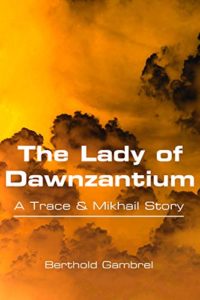 Title:
Title: 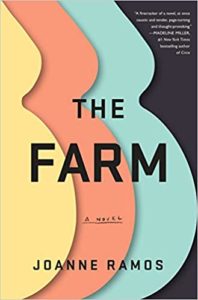 Title: The Farm
Title: The Farm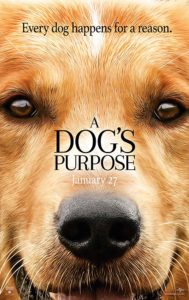 Last year I blogged about my to-watch list of science fiction and fantasy films. Since then, I’ve been periodically reviewing certain speculative fiction films that I enjoyed and thought you all might like, too. Previous instalments in this series include
Last year I blogged about my to-watch list of science fiction and fantasy films. Since then, I’ve been periodically reviewing certain speculative fiction films that I enjoyed and thought you all might like, too. Previous instalments in this series include 


 Someone found my blog recently by searching for games one can play while listening to audiobooks. This turned out to be a much better idea for today’s post than the one I was originally working on, so I decided to go for it.
Someone found my blog recently by searching for games one can play while listening to audiobooks. This turned out to be a much better idea for today’s post than the one I was originally working on, so I decided to go for it. Monument Valley is a puzzle game set in a magical world where all but one member of a society has disappeared. The physics and geometry of this place isn’t the same as ours, so some of the solutions can take a while to uncover. Your goal as the player is to solve the puzzles and gradually lead Princess Ida, the main character, closer to the truth about what really happened to her people.
Monument Valley is a puzzle game set in a magical world where all but one member of a society has disappeared. The physics and geometry of this place isn’t the same as ours, so some of the solutions can take a while to uncover. Your goal as the player is to solve the puzzles and gradually lead Princess Ida, the main character, closer to the truth about what really happened to her people. Raise your hand if you loved colouring when you were a kid! I adored it so much that my grandmother kept a big stack of colouring books at her house so I’d always have something quiet and amusing to do there.
Raise your hand if you loved colouring when you were a kid! I adored it so much that my grandmother kept a big stack of colouring books at her house so I’d always have something quiet and amusing to do there. *Creative or peaceful mode only unless you enjoy living dangerously.
*Creative or peaceful mode only unless you enjoy living dangerously. Is there anyone left on Earth who doesn’t already know what Tetris is?
Is there anyone left on Earth who doesn’t already know what Tetris is?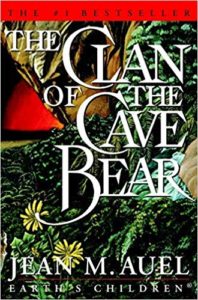 The Clan of the Cave Bear is a prehistoric novel written by Jean M. Auel in 1980 about an orphaned human girl named Ayla who was raised by Neanderthals. It has four sequels about Ayla’s life as an adult.
The Clan of the Cave Bear is a prehistoric novel written by Jean M. Auel in 1980 about an orphaned human girl named Ayla who was raised by Neanderthals. It has four sequels about Ayla’s life as an adult.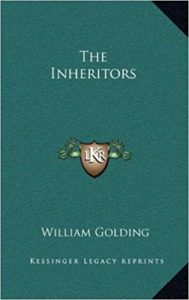
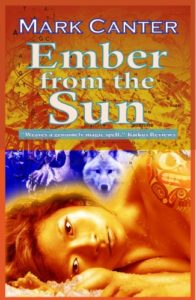
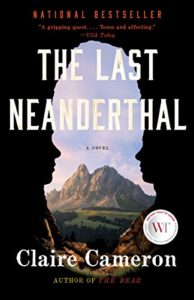
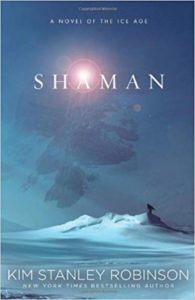
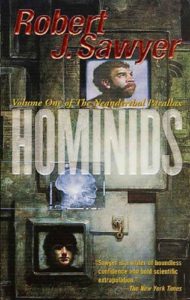

 Yes, this includes people who prefer, say, paranormal romances that only have the slightest touch of fantasy added to them or mysteries that are pretty hardboiled until the final scene when the audience discovers the killer was an 900-year-old vampire. TV shows and films count, too, especially if they are in any way tied to a book or graphic novel.
Yes, this includes people who prefer, say, paranormal romances that only have the slightest touch of fantasy added to them or mysteries that are pretty hardboiled until the final scene when the audience discovers the killer was an 900-year-old vampire. TV shows and films count, too, especially if they are in any way tied to a book or graphic novel.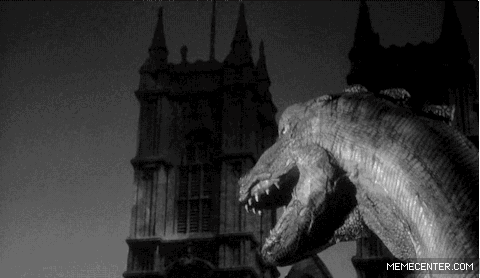
 How many of you have ever written a six-word story, twitterature, dribble, minisaga, drabble, or other piece of
How many of you have ever written a six-word story, twitterature, dribble, minisaga, drabble, or other piece of  Lungless? Then how are you smoking?
Lungless? Then how are you smoking?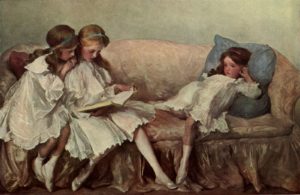
 As I’ve mentioned here before, I was homeschooled for the first several years of my education. One of the best parts of that experience was being able to read after my lessons were finished. There were times when Wyoming was far too snowy and cold of a place for a child to be wandering around outside in, so I read the entire afternoon and evening away on some of those wintry days.
As I’ve mentioned here before, I was homeschooled for the first several years of my education. One of the best parts of that experience was being able to read after my lessons were finished. There were times when Wyoming was far too snowy and cold of a place for a child to be wandering around outside in, so I read the entire afternoon and evening away on some of those wintry days. I no longer remember which genres I read during that thirty-book month, but I do remember the genre I became obsessed with shortly after that: poetry.
I no longer remember which genres I read during that thirty-book month, but I do remember the genre I became obsessed with shortly after that: poetry.
 Over the last decade or so, I’ve found myself gradually becoming more interested in nonfiction than I ever was before. My favourite high school English teacher used to talk about how much she enjoyed reading about things that really happened.
Over the last decade or so, I’ve found myself gradually becoming more interested in nonfiction than I ever was before. My favourite high school English teacher used to talk about how much she enjoyed reading about things that really happened.

